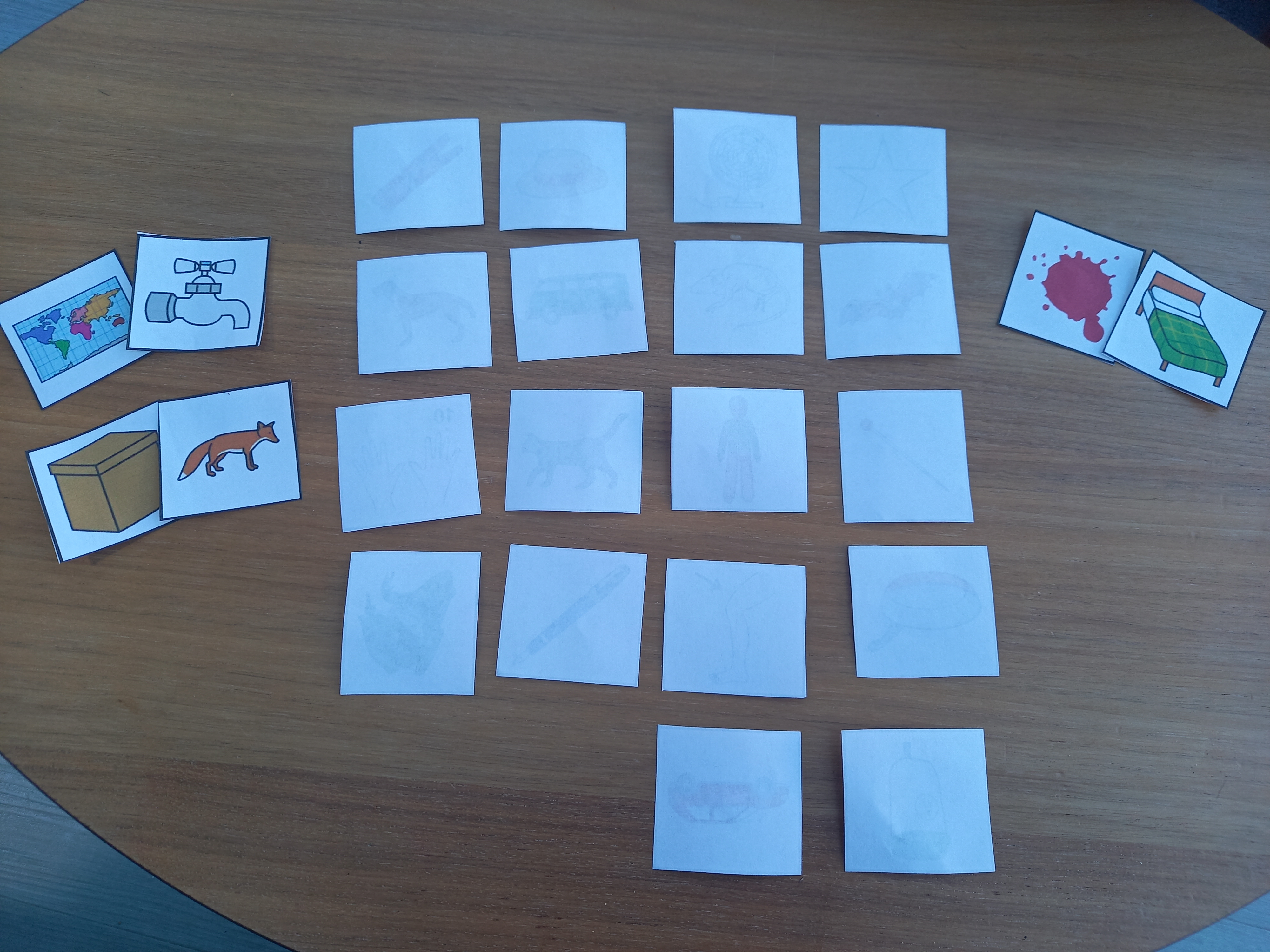User login
Description:
These activities focus on developing your child's ability to identify when words rhyme. Being able to hear when words rhyme is a phonological awareness activity – please see attached information sheet about phonological awareness and what working on this area can help with click here for information sheet - What is phonological awareness?
| Phonology/Articulation: | Rhyme |
| Section: | Early Years (0-5yrs) info; Primary (5-11yrs) info; Secondary (11-16yrs) info |
| Activity/strategy name and materials required | How to do the activity | Key principles for doing the activity and comments |
|---|---|---|
| Rhyming Pairs |
|
|
| Rhyme Sort |
Support Commtap to keep it online
Thank you for visiting Commtap.
Please read this message as it is extremely important.
- Visitor donations mean we can continue to host over 1,000 free activities to support speech, language, and communication development.
- Visitor donations mean we can continue to provide free resources to address a wide range of communication needs, including limited speech or language, interaction challenges, and needs associated with conditions such as developmental language disorder, autism, and cerebral palsy.
- Visitor donations mean we can continue to provide resources to support the work of speech and language therapists, teachers, teaching assistants, parents, and carers.
- Visitor donations mean we can continue to provide the free key word sign dictionary (bks.org.uk) which has over 2,000 Makaton and Signalong signs.
We know that not everyone is able to afford to pay to access these resources, however, if you can, please make a donation to keep the site going.
Thank you
Google ads on this page are provided by Google Adsense - and their presence does not imply any endorsement by Commtap. Report a problem with an ad on this page. Log in (for free) to avoid seeing Google ads.

